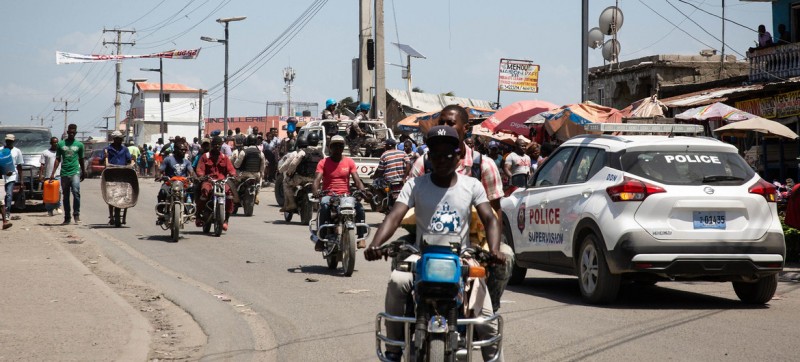Cap Haitien, a city on the northern coast of Haiti.
Although sea-level rise could put more than 800 million people in coastal cities at direct risk by 2050, less than 10 percent of climate finance for urban areas goes to adaptation and resilience, the UN Secretary-General António Guterres has said.
In his message for World Cities Day on Sunday, the UN chief called for renewed resolve to confront urban challenges, mitigate risks and forge lasting solutions.
The theme this year focuses on ‘Adapting Cities for Climate Resilience’.
Hubs of innovation
“Cities are hubs of innovation and human ingenuity – and potential centers for transformative action to implement the Sustainable Development Goals (SDGs) and build a zero-carbon, climate-resilient, and socially just world,” said Mr. Guterres.
However, he noted that over one billion people now live in informal settlements, with 70 percent highly vulnerable to climate change.
Currently, just nine percent of climate finance to cities is allocated for adaptation and resilience, with cities in developing countries, receiving far less than their wealthier counterparts.
Adapt and protect
Mr. Guterres said this must change, and reiterated his longstanding appeal for half of all climate finance to be dedicated to adaptation.
“We need a people-centered and inclusive approach to planning, building, and managing cities,” he added. “Resilient infrastructure, early warning systems, and financial instruments to mitigate risks, are crucial tools as cities seek to adapt and protect the lives and livelihoods of their residents.”
The UN chief said cities have been epicenters of the COVID-19 pandemic and are on the frontlines of the climate crisis, but they can lead the way in recovering better from the pandemic, reducing emissions, and securing a resilient future for billions.




Comments are closed.